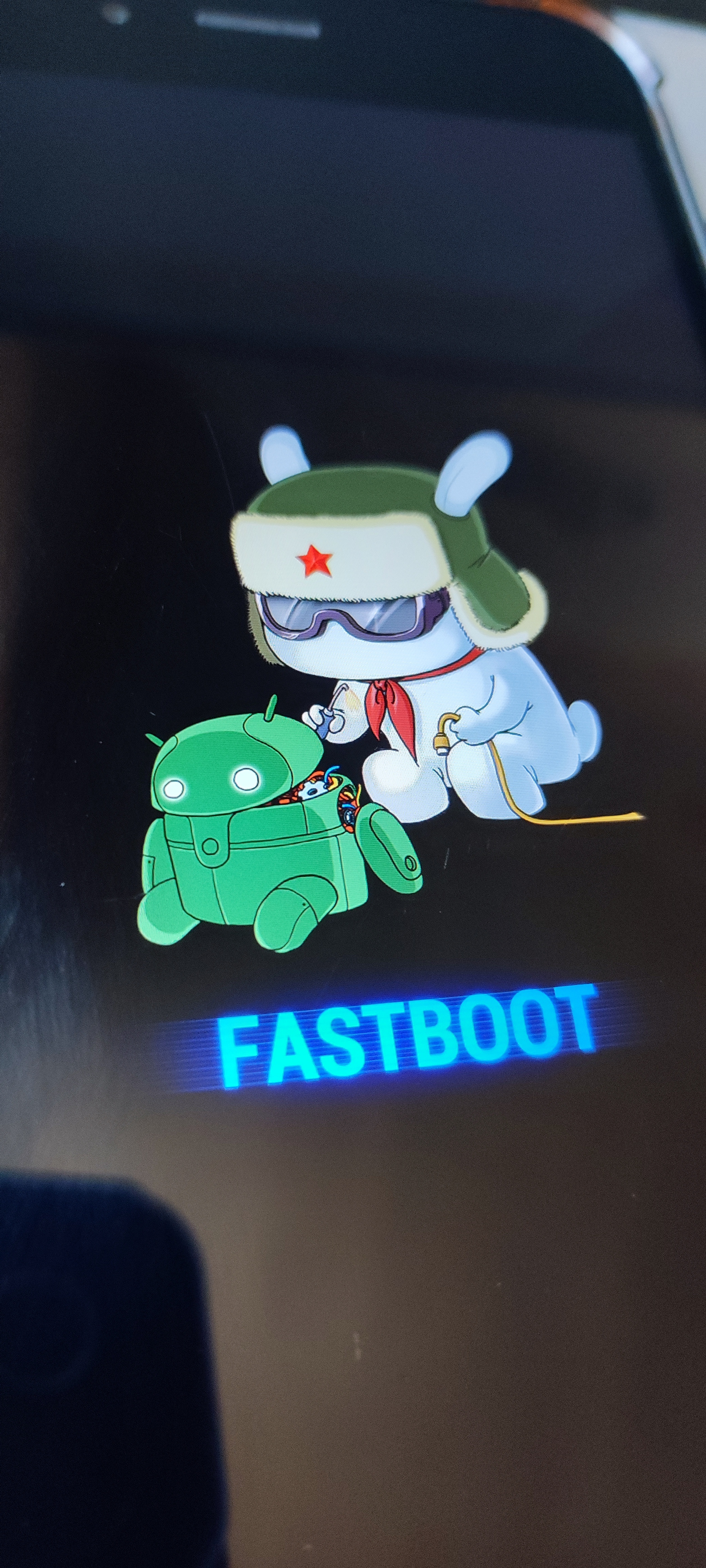There should be a warning label on any establishment or product that requires a smartphone to use.
How about this:
At the apartments I recently moved out of, there were no quarter slots on the washing machines. They were an app that required a bluetooth connection to pay.
So if you lived there and didn’t have a smartphone? Go fuck yourself, you don’t get to do laundry.
Unless you bothered to check the laundry room when you were looking at the apartment, you wouldn’t know. No warnings.
That is what I noticed. Everything these days require app to get shopping vouchers, book tickets, go in to your local gym, pay in store (we are being weaned off from using cash) etc.
Get $50.
Any time I’m required to use an app for something that could be a website, I leave the app a one star review.
“Continue reading this on the reddit/instagram/tik tok/blablah app” No, I didn’t need to see it that badly.
It’s also a gigantic information harvesting ploy.
especially if you don’t have an iphone. I have seen so many accessories and apps that were made for use on iphones which would also be useful for android devices as well. my transplant clinic has a patient portal that has an app for iphones but nothing for android so you have to use their website.
Even the homeless in my city have smartphones.
If you don’t have a smart phone in the US, even temporally, your almost a second class citizen.
Then if you don’t install corporate apps on your phone, there are even more problems for you.
You can still live in the US without apps… For now
Social Friendly Browser can usualky get around this
Even if you did want apps the majority only offer it from 1 of the 2 popular repositories (" stores "). It’s a shame they do not have a way to track that lost sale.
Get out of the stone age.
Someone make a smartphone that isn’t a steaming pile of shit then. The pinephone was so close but struggled with SMS when I tried it.
I’m probably gonna get clowned for feeding the troll, but - this comment comes off a lot more harsh if you’ve ever experienced not having access to the Internet and a smartphone or computer.
I spent the better part of 16 years of my life with no TV, MP3 player, phone, Internet, or computer - and it has negatively impacted me in immeasurable ways. I couldn’t find work, because I couldn’t apply for jobs but also I didn’t know you could do that on the Internet - I also didn’t know YouTube existed, so I missed out on learning the things I liked, and I didn’t know I was being abused because I had no way of knowing that it wasn’t normal until I got access to help, via the Internet.
I wasn’t in the stone age - if I’d had options to do any of the above without a phone or the Internet, I’d be a different person today. Shut up, mate - not everyone can afford or has the opportunity to own a smartphone and data plan (which are rare and expensive in abusive situations like my past). Making services available in places like libraries and community centers without requiring smartphones and Internet would help so many people who have no ability to use them - those people are just as human as you.
and by the way while we’re at it: if we’re effectively paywalling access to basic human rights behind an IP address and cellular radio, those should be enshrined as human rights too.
This affects me a lot day to day. I have a phone, but it runs postmarketOS, not iOS or Android. It really shows me the importance of open standards. I feel that every business should be required to support open standards for each of the services they offer.
For me, buying train tickets used to be ok, but is getting harder now. Some train operators are really pushing you to use their app now, and getting rid of the option to download a PDF. It really frustrates me: it’s not like it costs them more to offer PDF download - if anything, it’s much cheaper to offer that functionality than to build and maintain an app for iOS and Android.
Back when I had an Android phone, I used Monzo, and it was so easy to send money to friends, set up standing orders etc. I wish they offered a proper web interface. Now, I use Natwest’s online banking, and it’s a real pain - I use the card reader to authenticate, then the website logs me out seemingly every 2 mins of inactivity. Some features, like pre-notifying that you’ll be travelling abroad, are only available on the app. I only see this trend continuing.
The concert tickets example in the article is insane to me. I can’t think of a use case that is better suited for PDFs, and that’s what we’ve been doing for the last 10+ years without any issues. It really is user hostile and excludes people on the edges of society who don’t fit, for whatever reason, with what the 80-90% do.
apps allow user tracking and advertising though. Much more valuable to the corpos than a few lost customers.
Cloudalist’s and their technofuedalism
I flat-out refuse to do business with any that requires I use an app. I won’t even scan a QR code for a restaurant menu; that’s my cue to go eat elsewhere.
Dennis Takes a Mental Health Day is probably the most accurate portrayal of me ever written.
The funny thing about qr codes for restaurant menus to me, as someone that studied menu design. Is that actual menus are designed specific ways make the restaurant more profit and make it easier for people to find what they want. Whereas qr codes often bring one to a hastily designed list of categories which are not only less intuitive but also less manipulative. So people will end up taking longer to order less profitable dishes.
Hell yeah, consumer win. I like selecting an item and it offers me changes or addition options that I never would have considered!
But really, it means they can hire less people so they gain profit anyway.
I don’t mind the whole online menu thing. It’s probably an environmental net positive, but it’s bs if they don’t have ANY physical copies for those who can’t or don’t want to for whatever reason.
If they wanted me to install something, though, that’d be a 100% instant nope.
An online menu requires power to be used (on people’s phones and the server). Is that really a minor contribution in comparison to printing paper and maybe laminating it?
Considering your average printer is a piece of shit that needs to be replaced quite often, yes, using a website is probably more energy efficient.
This person has never seen the power bill for running a high-availability server with several failovers once in their lives.
In fairness neither have I - though I suspect it’s not as insignificant as others have claimed.
It’s not insignificant at all. Servers are beefy and take more power than a standard PC… a lot more. Further, failover servers mean you have to have exact copies of the same server up and available, which means you’re doubling, tripling, quadrupling power demands. Finally, you also have to have Uninterruptible Power Supplies, those take an amount of power as well.
It’s a huge power draw. I know because I have a bunch of low-power devices runnig 24/7 as microservices and it still increase my power bill and use by a lot. I regularly get letters from the power company about how I’m using like 3x the power of the average person in my type of unit.
I had not considered that an uninterruptible power supply would be consuming power after charging. I suppose no electronics are 100% efficient at what they do.
I’ve been playing with a Proxmox server on an ITX system for local services and rare game hosting for friends. I’d love something low power I could have on all the time.
I regularly get letters from the power company about how I’m using like 3x the power of the average person in my type of unit.
I’m also using a lot of self hosted things but have never received any of those.
Where do you reside generally where they’re sending them because it ain’t a thing here in the UK?
That and those servers are going to be running anyway. Powering a simple restaurant website is a grain of sand on the beach of internet usage.
Yeah, exactly. If you’re worried about the power draw to host a few hundred KB PDF file, you probably shouldn’t be using Lemmy, because scrolling through your feed probably uses 100x that in energy costs.
You have to remember that the shared hosting or aws, or wherever is going to be cheapest to host a simple website is also going to be very power efficient. Wasting power is just throwing away free money, and if there’s one thing corporations don’t do, it’s throw away free money.
Most companies will be using laser printers, some of which may outlive me. Toner is cheap and lasts an age.
Inkjet printers are cheap for a reason. They’re a scam.
I mean I simply refuse to as QR code phishing is a thing
You might enjoy SecScannerQR then. It makes it easier to vet QR codes by giving an option to search for the URL instead of going there directly.
Ooh. Now do iOS.
Scan QR code. Order on your phone. Pay on your phone. Asks for a tip.
So uh, what exactly am I tipping you here for dawg?
that stuff is nice as an option. There’s a bar I go to that I can order my food and drink to the table my friends are at, while I’m walking to the place, and everything just arrives shortly after I sit down. Other people get offended about how fast I get served, it’s always amusing. I also enjoy not interacting with the staff, nothing against them, brain just doesn’t brain sometimes.
But what if I didn’t have a phone? or if I left home without it? 24/7 pocket rectangle is not natural.
Losing your phone now is like losing not just your wallet but simple access to everything.
The whole using your phone for everything from grocery shopping to just doing whatever Like getting deals or whatever?, Can it please go away?
They’re collecting our data anyways.









